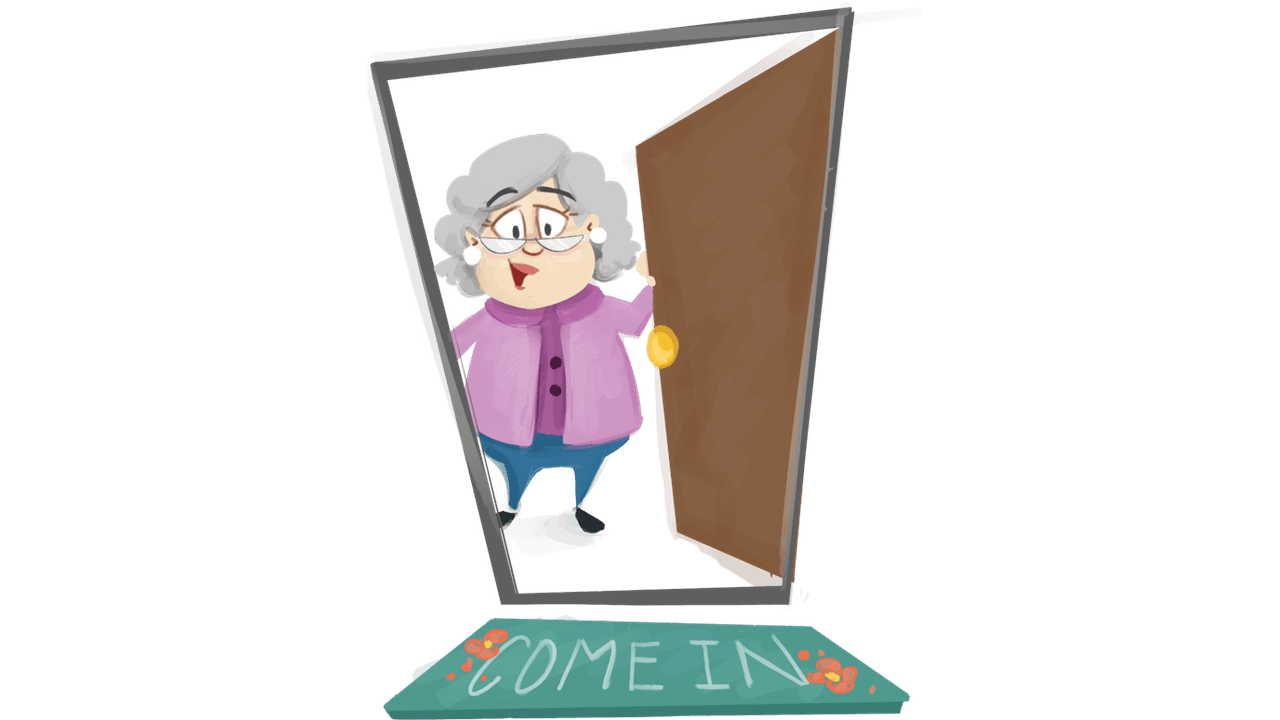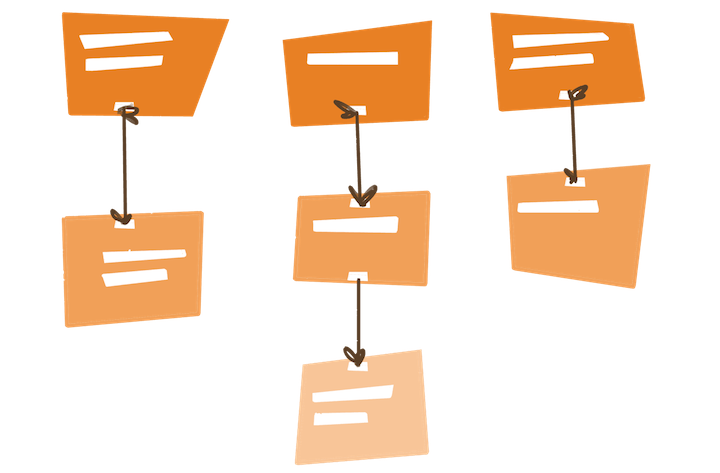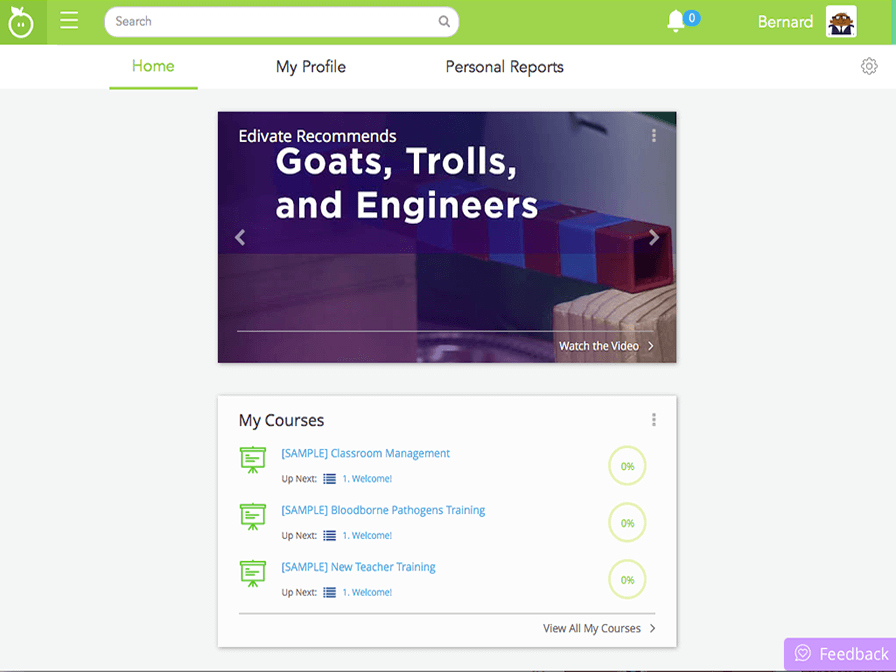Collaborate
Learning Through Groups
It's helpful seeing teachers in the classroom modelling for me in the videos I found.
Most educators feel the same.
But watching video can be a little lonely sometimes.
You are right. I haven't told you about groups yet. Groups are organized around a variety of purposes: collaborating based on interest, need, expertise or location; facilitating a professional learning community; or coordinating among attendees at a district-sponsored professional development session.
So we could have a group just for my school's PLC then?
Yes. Using Groups, you can participate in group discussions, upload resources and download resources provided by others. There are several types of groups in Edivate.
The first kind of group is a public group.
Let me guess: Everyone can join this group if they want, correct?
That's right. The purpose of making a group public is to encourage as many people as possible to participate.

Groups may also be private if the purpose of collaborating is more specific to local needs or the owner wants to manage who is joining the group.
Does that mean I can't join any private groups?
No, you can still join, but your membership must be approved by one of the group owners.

The last type of group is a hidden group.
Wait, why would a group be hidden? That doesn't make sense.
Private groups still display in search results, but hidden groups cannot be seen. This helps when a group manager does not want any external requests to join the group.
How mysterious!

Join Groups
Perform a search and join any Edivate group.
- Type any subject or topic that you are interested in collaborating with other educators in the search box.
- Click Groups in the Type(s) drop-down list to display only groups.
- Click the card to access the group.
- Click Join.
When you have joined a group, introduce Yourself on the group wall.
Click the link to access Edivate and complete the task.
Join an Edivate groupLearning Through Communities
I have a problem that I just can't solve with Edivate.
What is it?
I have this question that is too specific to be covered in a video. I've even searched and can't find exactly what I need. I don't even see a group I could join.
Fortunately for you, there is a way to solve your problem.
You can reach out using communities, sometimes called forums, to thousands of educators around the world to gain insight and advice on almost any educational topic. Likewise, you might have expertise or experience to share that would be valuable to others.

So if there isn't a resource in the system for my specific problem, and I don't need the formality of a group, I can always reach out to the community and ask?
Right! The way that you interact with other educators in communities is through what are called threaded discussions. Think of a threaded discussion simply as an asynchronous, text-based conversation that happens over days, weeks, or sometimes even months. Try looking at one right now.

Practice Interacting with Communities
Reply to the Online Reading Resources post in the Reading and Literacy community forums. Type Thank you for your post … as your message.

- On the Navigation bar click the Main Menu and then click Communities.
- Scroll down by clicking anywhere on the screen.
- Click Reading and Literacy.
- Click Online Reading Resources.
- Reply to the first post.
- Type Thank you for your post … as the message.
- Click Reply
- Click Subscribe.
- Click Subscribe to confirm your subscription to this thread and receive notifications on new posts and replies.
- Very good. Continue to search and interact with other educators in communities.
Challenge
Reply to "The One Thing" post in the New Teacher Training community forum.
By clicking the Accept button, you are accepting the challenge to perform the task in Edivate.
© School Improvement Network, LLC All rights reserved.